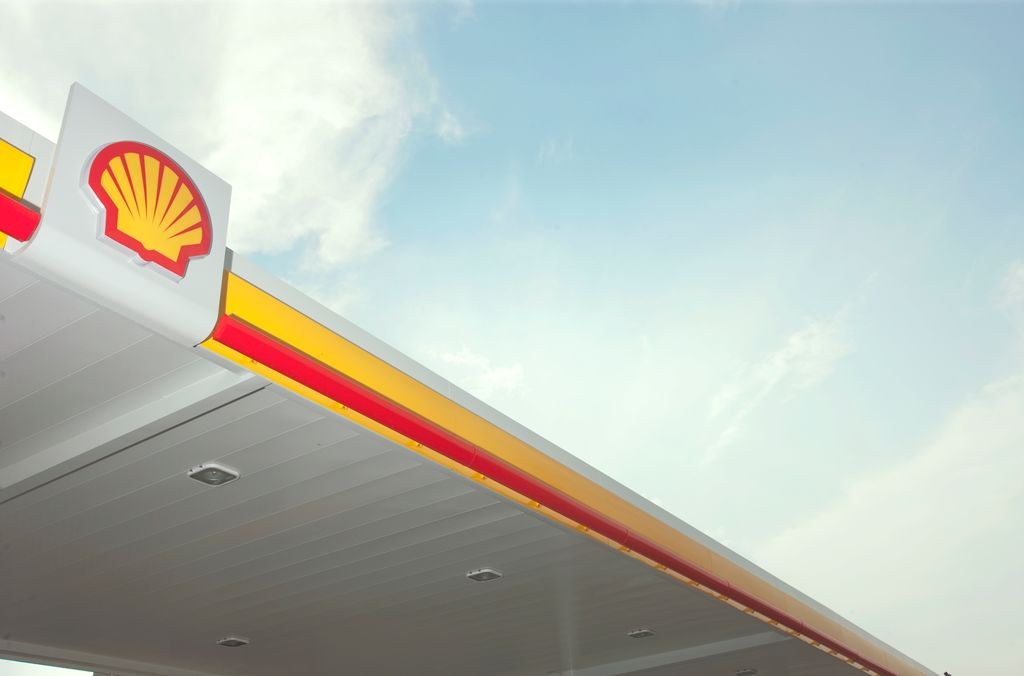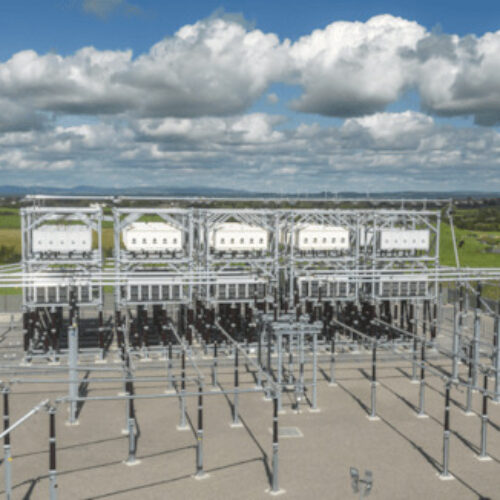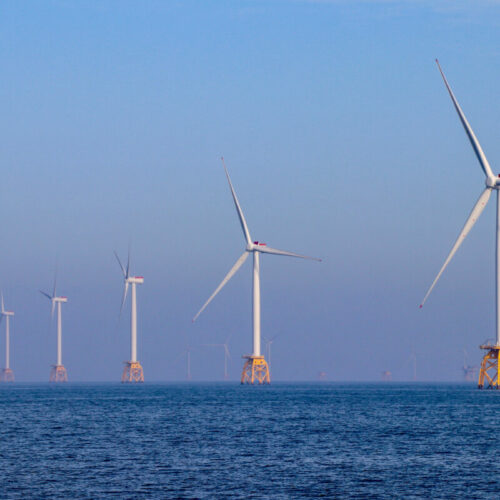Shell has posted profits of £8.2 billion ($9.5 billion) in Q3 2022, but has paid no windfall tax.
This is more than double what the oil and gas major made in the same period during 2021, when it made $4.2 billion.
It’s high adjusted earnings were due to strong trading and optimisation margins for both gas and power, it noted, due to the significant gas and power price volatility.
“We are delivering robust results at a time of ongoing volatility in global energy markets,” said Shell CEO Ben van Beurden.
“We continue to strengthen Shell’s portfolio through disciplined investment and transform the company for a low-carbon future. At the same time we are working closely with governments and customers to address their short and long-term energy needs,”
Shell’s Adjusted EBITDA for the period July to September sat at $21.5 billion, boosted by higher gas prices compared with Q2.
During the previous quarter, its profits hit a high of £9.6 billion ($11.5 billion), up from its previous high of £7.6 billion ($9.1 billion) in Q1 as the year continues to offer bumper returns for the company.
Despite this, the company has not had to pay the windfall tax of oil and gas companies announced by Rishi Sunak in his role as chancellor in May. The 25% levy was designed to raise funds to support Energy Bills Support Scheme, which has provided £400 to households to mitigate surging power prices.
But companies do not have to pay the tax on profits that they reinvest into the UK energy sector, which Shell has done.
Throughout the end of 2021 and 2022, wholesale power prices have grown exponentially due to record high gas prices. This has crippled small energy suppliers and consumers, with the energy bills cap jumping 54% in April and then the government stepping into limit its rise to £2,500 for the average household in October through the Energy Price Guarantee.
These increases are expected to push millions into fuel poverty, with the April rise alone expected to have pushed 6.3 million households into fuel stress.
“Today we are announcing a new share buyback programme resulting in an additional $4 billion of distributions, which we dividend per share (DPS) for the fourth quarter, which will be paid in March 2023, by an expected 15%, subject to Board approval,” continued van Beurden.
In addition to its Q3 financial results, Shell reaffirmed that Wael Sawan will succeed van Beurden as CEO from 1 January 2023.





